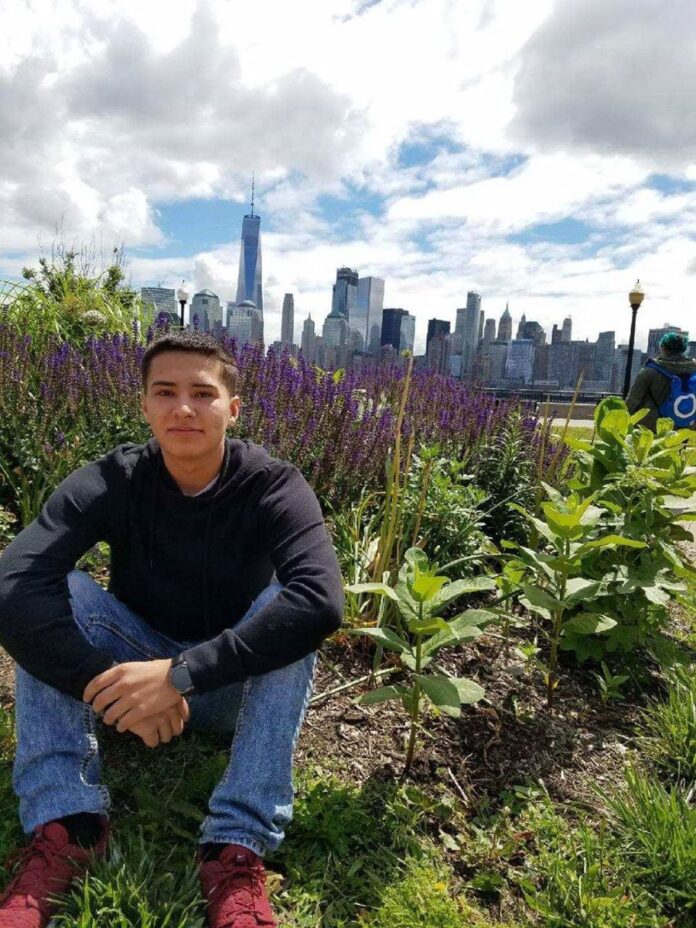RIO GRANDE CITY — A teen accused of taking part in a grisly murder last summer may be headed to trial sooner than expected after prosecutors with the 229th District Attorney’s Office announced, in a possible attempt to prevent the defendant’s release from custody, they were ready for trial.
Sebastian Torres, 16, is charged with murder and two counts of evidence tampering for his alleged role in the August 2017 shooting death of 17-year-old Chayse Olivarez, whose body was found badly burned and cut into pieces.
He appeared in court Friday for a hearing on the writ of habeas corpus his attorneys filed in late April seeking his release on a personal recognizance bond.
Torres’ attorneys argued in the motion that, per the Texas Code of Criminal Procedure, a defendant arrested for a felony offense must be released — either by a personal recognize bond or by reducing the bond to amount he can afford — if the state is not ready for trial within 90 days of his arrest. Torres has been in custody nearly 300 days since his Aug. 11, 2017 arrest.
Because the case has been stayed since March per the request of the state, further legal proceedings have been halted until the Fourth Court of Appeals hears and issues a ruling on the defense’s appeal of Torres’ certification to stand trial as an adult.
The certification was made in January by county Court-at-Law Judge Romero Molina, and the defense has until June 13 to file the appeal with the appellate court.
“The district attorney has not demonstrated that they are ready for trial — to the contrary, the office’s request … to stay proceedings on March 16 strongly suggests that the district attorney’s office is not ready to proceed at this time in a trial against the defendant,” the defense’s motion read.
That assertion, Assistant District Attorney Alexandria Barrera argued during the hearing — to the apparent surprise of the judge and the defense — is “incorrect.”
The state had asked for the stay as a matter of judicial efficiency, Barrera said, so as to save attorneys from possibly having to retry the case were the appellate court to rule that Torres stand trial as a juvenile, thereby changing the trial’s jurisdiction from district to county court.
“We have all the evidence that we need,” she told visiting Judge Robert Garza, who has been appointed to hear all the cases related to Olivarez’s murder, of which there is a total of four defendants.
The state, she said, was ready for trial, this despite the fact that Barrera told the same judge as recently as May 11 that the state was awaiting DNA analysis, latent finger print analysis and firearms testing from the Texas Department of Public Safety’s Weslaco crime lab — evidence that was not expected to be ready until the end of the summer.
Garza ruled to lift the case’s stay and set it for jury trial on Sept. 24.
He also ruled to lower Torres’ combined bond on his three charges from $650,000 to $300,000.




